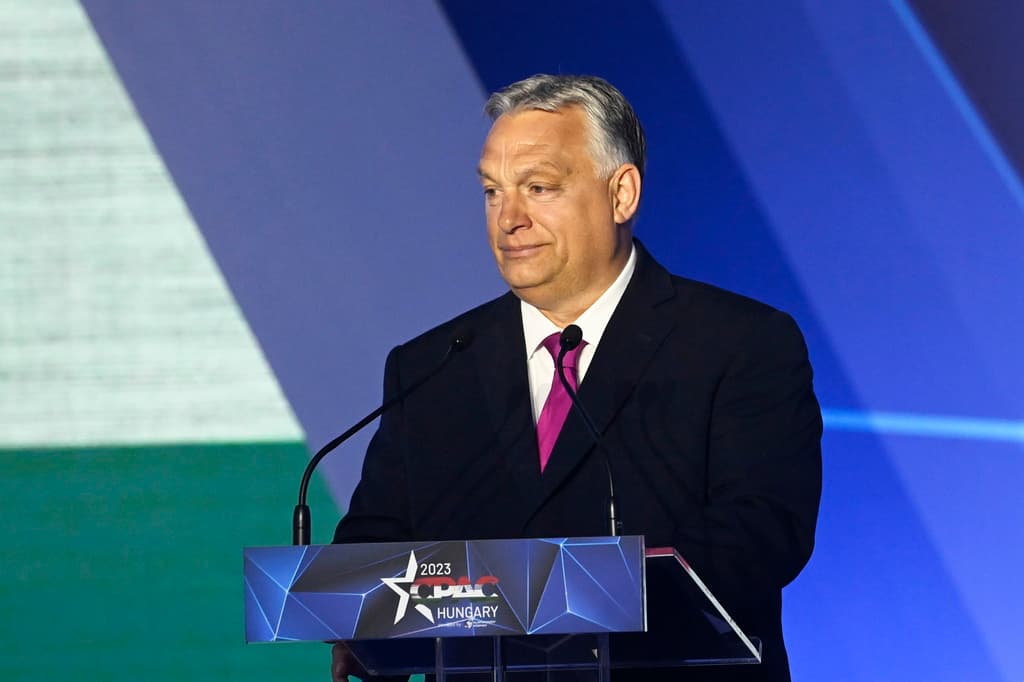Did Budapest Just Rebuff Biden’s Ukraine Policy in a Way Others Will Follow?
Hungary won’t obstruct European aid for Kyiv, but its own opting out is now official — and it spells trouble for the White House.

The aftershocks of European parliamentary elections last weekend are mainly political — Brussels blistered, France aflutter, Germany jarred — but they are also geopolitical. That is because most of the parties often described as “far right” that made big advances on Sunday are unapologetically nationalist. More often than not, that means prioritizing domestic concerns like immigration and the cost of living crunch over support for Ukraine. The populist leader of Hungary and perpetual bugbear of Kyiv, Viktor Orban, noticed.
Not only that, but he has been preparing for the changing currents. So it was without any angst that on Wednesday Mr. Orban struck a deal with the NATO secretary-general, Jens Stoltenberg, to opt out of offering military support for Ukraine. That might not have set off alarm bells at a White House preoccupied with much else right now — at least, not yet.
A login link has been sent to
Enter your email to read this article.
Get 2 free articles when you subscribe.

